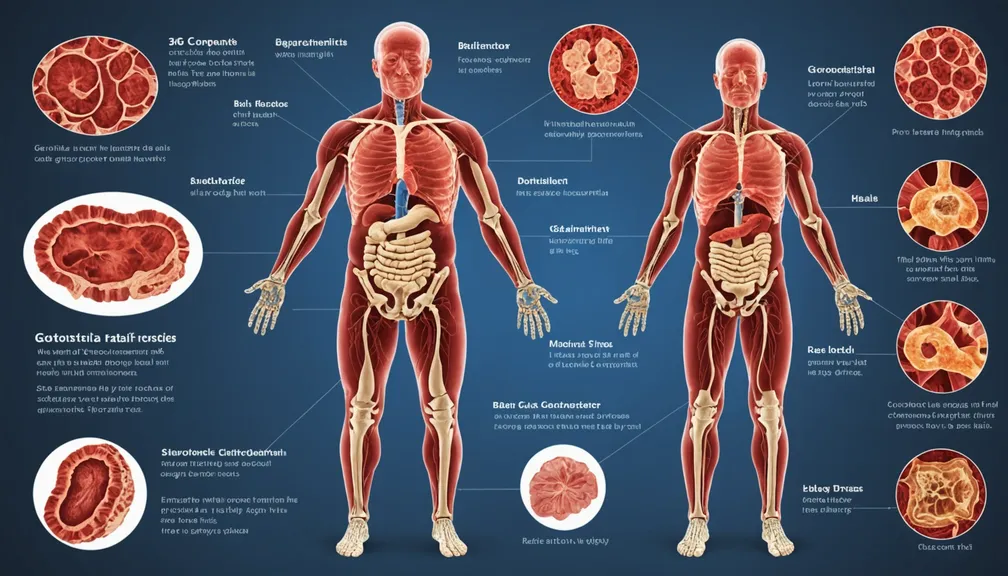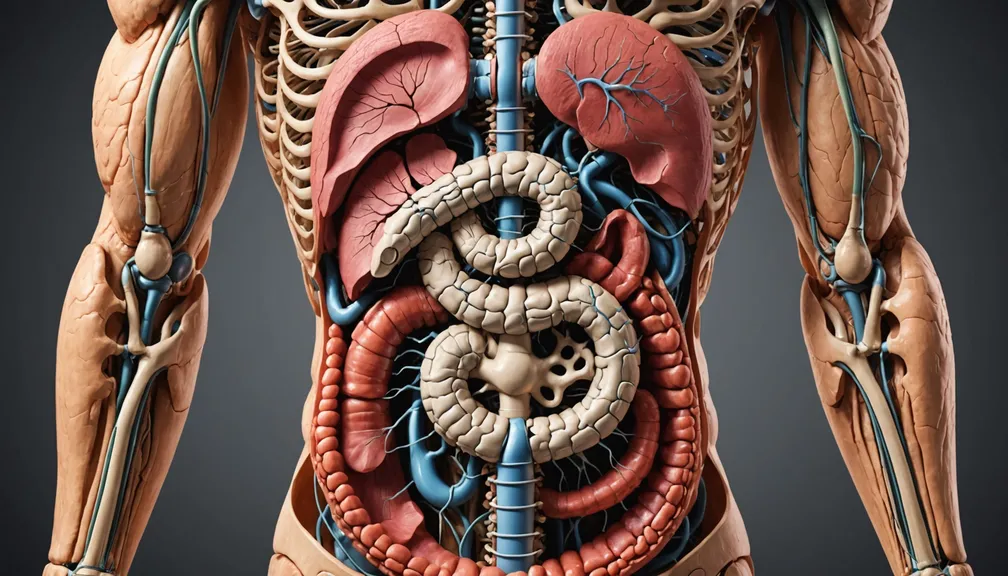Nutritional Management: Diet Modifications and Support
Managing a rare gastrointestinal disorder often involves making specific changes to your diet to improve your health and well-being. This lesson will guide you through various strategies and provide practical advice to help you navigate dietary modifications and receive the support you need.
Understanding the Role of Nutrition
Proper nutrition is crucial for maintaining your health, especially when dealing with a gastrointestinal disorder. A balanced diet can help:
- Improve digestion and nutrient absorption
- Support growth and development
- Enhance overall energy levels
- Manage symptoms and prevent complications
Diet Modifications
Making changes to your diet is a key component of managing rare gastrointestinal disorders. Here are some strategies to consider:
1. Identifying Trigger Foods
Certain foods can exacerbate your symptoms. Identifying and eliminating these can significantly improve your condition.
- Common Triggers:
- Dairy Products: Milk, cheese, and yogurt can cause issues for some individuals.
- Gluten: Found in wheat, barley, and rye, gluten may trigger symptoms in certain disorders.
-
High-Fiber Foods: While generally healthy, they can be difficult to digest for some people.
-
Keeping a Food Diary:
- Track what you eat and any symptoms you experience.
- Helps identify patterns and pinpoint specific trigger foods.
2. Eliminating or Reducing Certain Foods
Once you've identified trigger foods, the next step is to eliminate or reduce their intake.
- Elimination Diet:
- Remove suspected trigger foods from your diet for a period.
-
Reintroduce them one at a time to observe any reactions.
-
Reducing Portion Sizes:
- If complete elimination isn't possible, try reducing the quantity of trigger foods you consume.
3. Incorporating Nutritious Alternatives
Replacing trigger foods with healthier alternatives ensures you still receive essential nutrients.
- Dairy Alternatives:
- Lactose-Free Milk: Suitable for those with lactose intolerance.
-
Plant-Based Milks: Almond, soy, or oat milk can replace regular milk.
-
Gluten-Free Options:
- Gluten-Free Grains: Rice, quinoa, and corn are excellent substitutes.
-
Gluten-Free Products: Many supermarkets offer gluten-free bread, pasta, and snacks.
-
Low-Fiber Foods:
- Refined Grains: White bread, white rice, and pasta are easier to digest.
- Cooked Vegetables: Steaming or boiling vegetables can reduce their fiber content.
Meal Planning Tips
Effective meal planning can simplify dietary modifications and ensure balanced nutrition.
- Plan Your Meals Ahead:
- Create a weekly meal plan to avoid last-minute unhealthy choices.
-
Incorporate a variety of foods to ensure a balanced intake of nutrients.
-
Balanced Meals:
- Protein: Include lean meats, fish, eggs, or plant-based proteins.
- Carbohydrates: Choose complex carbs like rice and sweet potatoes when tolerable.
-
Fruits and Vegetables: Select those that are easy to digest and low in fiber.
-
Portion Control:
- Eating smaller, more frequent meals can help manage symptoms and improve nutrient absorption.
Supplementing Your Diet
In some cases, supplements may be necessary to meet your nutritional needs.
- Vitamins and Minerals:
- Vitamin D and Calcium: Important for bone health, especially if dairy intake is reduced.
-
Iron Supplements: May be needed if you experience anemia due to poor nutrient absorption.
-
Protein Supplements:
-
Protein Shakes: Can help meet protein requirements if regular intake is insufficient.
-
Consult Your Healthcare Provider:
- Always discuss supplements with your doctor to avoid interactions and ensure appropriate dosages.
Managing Eating Difficulties
Gastrointestinal disorders can make eating challenging. Here are strategies to help manage these difficulties:
- Chewing Thoroughly:
-
Take smaller bites and chew food well to aid digestion.
-
Slow Eating Pace:
-
Eating slowly can prevent overeating and reduce digestive strain.
-
Comfortable Eating Environment:
- Create a calm and relaxed setting to improve your eating experience.
Support Systems and Resources
Having a strong support system can make managing your dietary needs easier.
- Family and Friends:
-
Educate your loved ones about your condition and dietary restrictions to gain their support.
-
Support Groups:
-
Joining a support group can provide emotional support and practical advice from others facing similar challenges.
-
Dietitian Services:
- Working with a registered dietitian can help create a personalized meal plan tailored to your specific needs.
Working with Healthcare Professionals
A multidisciplinary team of healthcare professionals can provide comprehensive care and support.
- Gastroenterologist:
-
Specializes in digestive system disorders and oversees your medical treatment.
-
Registered Dietitian:
-
Develops personalized nutrition plans and offers dietary guidance.
-
Primary Care Physician:
-
Coordinates your overall healthcare and monitors your general health status.
-
Nurse Practitioner:
-
Provides routine care, education, and support for managing your condition.
-
Psychologist or Counselor:
- Assists with coping strategies and emotional support related to living with a chronic condition.
Actionable Steps to Get Started
- Consult Your Healthcare Team:
-
Discuss your symptoms and dietary concerns with your gastroenterologist and dietitian.
-
Start a Food Diary:
-
Record everything you eat and any symptoms to identify potential trigger foods.
-
Plan Your Meals:
-
Use meal planning tips to create balanced and manageable meals.
-
Seek Support:
-
Reach out to support groups and involve your family in your dietary changes.
-
Monitor and Adjust:
- Continuously assess how your diet affects your symptoms and make necessary adjustments with professional guidance.
By implementing these nutritional strategies and working closely with your healthcare team, you can effectively manage your rare gastrointestinal disorder and improve your quality of life.






